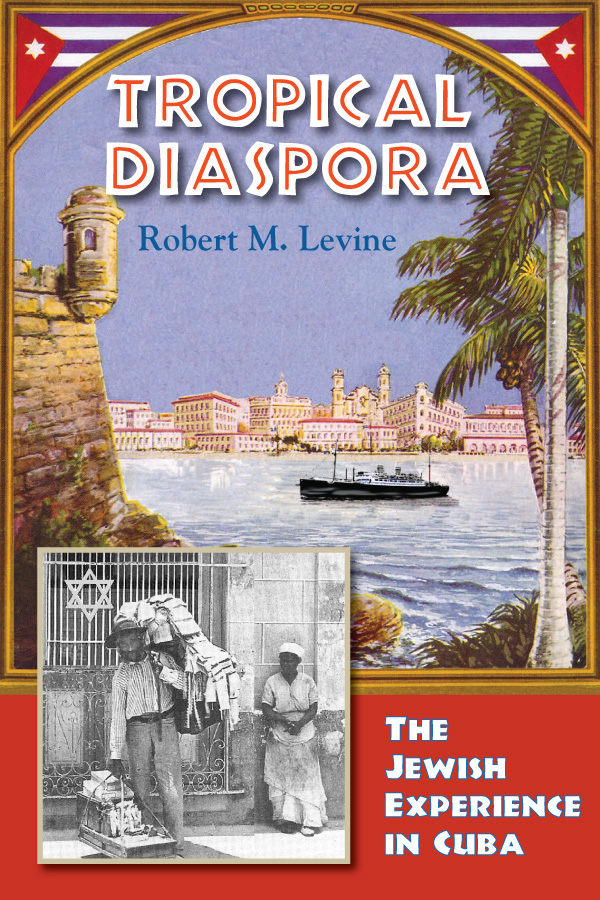 .”a comprehensive and absorbing account of the travails of Cuban Jews… Cuba did not conform to the behavior of a classical dictatorship in its struggle to chart its own path, but perhaps it is this nonconformity that makes it such an interesting country to study. And in parallel, this is what makes Levine’s insightful book so interesting to read.”–Coln Shindler,University of London in The Jerusalem Post Nov.4th, 2023
.”a comprehensive and absorbing account of the travails of Cuban Jews… Cuba did not conform to the behavior of a classical dictatorship in its struggle to chart its own path, but perhaps it is this nonconformity that makes it such an interesting country to study. And in parallel, this is what makes Levine’s insightful book so interesting to read.”–Coln Shindler,University of London in The Jerusalem Post Nov.4th, 2023
“Levine’s account of the Jews under Fidel Castro is one of the most rewarding aspects of this book. Cuban Jewish sources have provided him with a formidable list of self-effacing and other Jews in Cuba’s cabinets, diplomacy, civil service, and Castro’s personal entourage. … Convincingly, he argues that Castro has exerted strenuous efforts to avoid accusations of anti-Semitism, despite a Jewish exodus [and] Cuba’s diplomatic break with Israel in 1973. … A pathbreaker.”– Journal of Latin American Studies
“This book provides a powerful sense of of hemispheric history repeating itself … It is about the many diasporas which have made the Caribbean Basin what it is.”– , Journal of American Ethnic History
LAJSA Best Book Prize Winner
“This unique, well-documented social history invites the reader to explore Cuban Jewry as a fascinating chronicle and to ‘capture the flavor of their lives.’ This is made possible by Levine’s ability to write a text composed of carefully collated data, excellent illustrations, and oral testimonies. Levine’s book contributes to an understanding of Cuban Jewry’s unique setting — starting from colonial times, through its second American diaspora following the 1959 communist revolution. … Levine traces several stages of Jewish immigration to Cuba, starting with American businessmen rapidly integrated … in some cases, into the Cuban upper class; Sephardic emigrants from Turkey, who were more socially accepted by Creole and other ethnic groups; … and thousands of East European Jews arriving after 1924, who perceived the island as a kind of ‘immigration hotel’ on their way to America. … Levine devotes two fascinating chapters to Jewish refugees escaping to Cuba before and during World War II. The tragic journey of 973 refugees carried by the St. Louis, whose landing permit had been retroactively denied by the Cuban government, is told by Levine through both dramatic oral testimonies and archival documentation.”-–Florida Historical Quarterly
